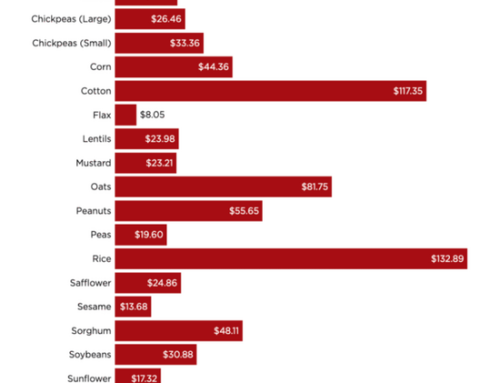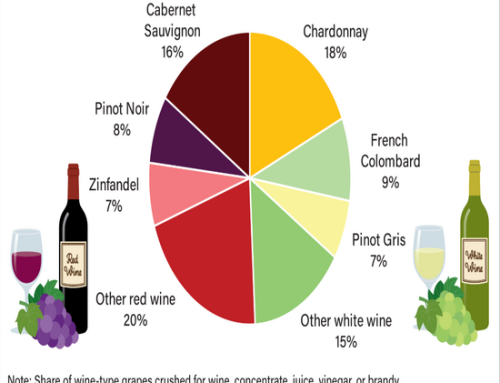Source: Rabobank news release
According to a recent report by Rabobank, the outlook for the global fertilizer market is positive in the coming years, with some challenges and potential risks to be monitored. The global fertilizer market is recovering, with an estimated increase in usage of around 3% in 2023 following a 7% drop in 2022 due to various complications in the market. Regarding disruptions due to the latest Israel-Hamas war, the impact on fertilizer markets is seen as marginal at this stage.
The Affordability Index shows a positive outlook for fertilizer purchasing in 2024
The report highlights the positive outlook for fertilizer purchasing in 2024, with an expected increase of close to 5%. “These figures align with our Affordability Index, which shows much better conditions for purchasing fertilizers than a year ago,” says Bruno Fonseca, Senior Analyst – Farm Inputs at Rabobank. “The index’s movements confirm our expectation of usage growth in 2023, with nitrogen growing 2%, phosphate 3.9%, and potash 5%.”
Nitrogen market faces challenges, while the outlook for potash and phosphate is positive
While the nitrogen market is facing challenges with lower demand from corn and wheat growers, the potash and phosphate outlook is positive.
“As winter approaches in Europe, there is more uncertainty in the natural gas market and related uncertainty in the production cost of nitrogen fertilizers,” explains Fonseca. Grain and oilseed markets also face some uncertainties, with an El Niño at the doorstep after a few good crops in Brazil and the US.
On the other hand, the potash market is going through a period of ample supply, while the phosphate market is on the rise with the return of Chinese MAP/DAP exports.
Israel-Hamas war could affect global fertilizer markets, but the impact is currently seen as marginal
The report also highlights the potential impact of the latest Israel-Hamas war on global fertilizer markets. Israel is a sizable supplier of phosphate and potash, accounting for around 3% of phosphate exports and 8% of potash exports globally. Disruptions in exports could cause price spikes, and the conflict may discourage vessel operators from approaching the Mediterranean port of Ashdod, causing delays and additional logistical costs.
Despite these potential risks, the impact on fertilizer markets is seen as marginal at this stage. “Global fertilizer markets have sufficient availability and sufficient alternative suppliers of potash and phosphate products in case of logistical disruptions in Israel,” Fonseca says.




